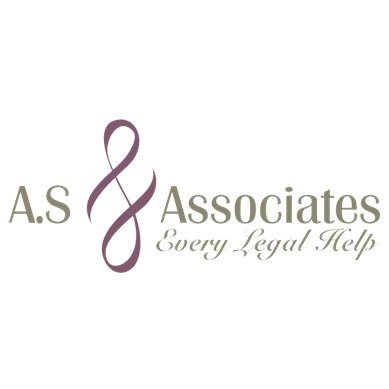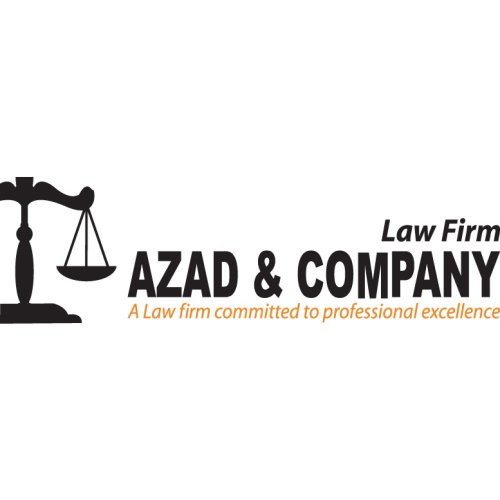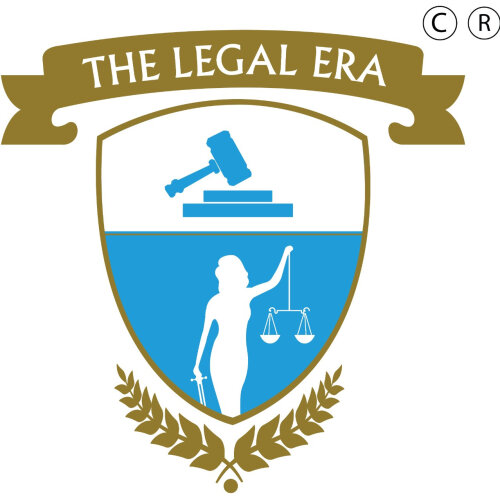Best Wage & Hour Lawyers in Dhaka
Share your needs with us, get contacted by law firms.
Free. Takes 2 min.
List of the best lawyers in Dhaka, Bangladesh
About Wage & Hour Law in Dhaka, Bangladesh
Wage & Hour in Dhaka, Bangladesh refers to the laws and regulations that govern the payment of wages and the working hours of employees. These laws are designed to protect the rights of workers and ensure fair treatment in terms of remuneration and working conditions.
Why You May Need a Lawyer
There are various situations where seeking legal help in Wage & Hour matters may be necessary. Some common examples include:
- Unpaid wages or salary disputes
- Overtime payment issues
- Working hour violations
- Mistreatment or harassment at the workplace
- Wrongful termination or retaliation
Local Laws Overview
Key aspects of local laws in Dhaka, Bangladesh related to Wage & Hour include:
- The Bangladesh Labor Act, 2006: This is the primary legislation that governs employment and labor-related matters.
- Minimum Wage: The government sets a minimum wage for different sectors, and employers are required to comply with this standard.
- Working Hours: The standard working hours for adults are 8 hours per day, with a maximum of 48 hours per week. However, this may vary for certain industries.
- Overtime: Overtime work must be compensated at a higher rate than regular hours, usually at least 1.5 times the regular wage.
- Leave Entitlements: Employees are entitled to certain types of leaves, including annual leave, sick leave, and maternity leave, as per the law.
Frequently Asked Questions
Q: What can I do if my employer refuses to pay my wages?
A: You can file a complaint with the labor department or seek legal assistance to claim your unpaid wages. There are legal remedies available to help you recover the unpaid amount.
Q: Can my employer force me to work overtime without additional compensation?
A: No, your employer cannot compel you to work overtime without proper compensation. Overtime work must be paid at a higher rate than regular hours, as specified by the law.
Q: Are there any laws regarding breaks or rest periods during working hours?
A: Yes, employees are entitled to rest breaks and meal breaks during their working hours, as provided by the labor laws. The specific duration and frequency of breaks may vary depending on the nature of the work.
Q: What steps can I take if I face workplace harassment or mistreatment?
A: If you experience harassment or mistreatment at work, it is important to document incidents and gather evidence. You can report the issue to your employer, the labor department, or seek legal guidance to address the situation effectively.
Q: What are my rights if I am wrongfully terminated?
A: If you believe you have been wrongfully terminated, you can challenge the decision through legal means. Consult with a lawyer to understand the applicable laws and the appropriate course of action to protect your rights.
Additional Resources
For more information and assistance regarding Wage & Hour in Dhaka, Bangladesh, you can refer to the following resources:
- Department of Labor, Bangladesh - Website: www.dol.gov.bd
- National Labor Council - Website: www.nlc.gov.bd
- Bangladesh Institute of Labor Studies - Website: www.bils-bd.org
Next Steps
If you require legal assistance in Wage & Hour matters in Dhaka, Bangladesh, here are the recommended next steps:
- Document your concerns and gather any relevant evidence.
- Consult with an experienced lawyer who specializes in employment law.
- Discuss your case in detail, providing all necessary information and supporting documents.
- Follow the advice given by your lawyer regarding legal options and actions to take.
- Take prompt action to protect your rights and seek appropriate resolution for your Wage & Hour issues.
Lawzana helps you find the best lawyers and law firms in Dhaka through a curated and pre-screened list of qualified legal professionals. Our platform offers rankings and detailed profiles of attorneys and law firms, allowing you to compare based on practice areas, including Wage & Hour, experience, and client feedback.
Each profile includes a description of the firm's areas of practice, client reviews, team members and partners, year of establishment, spoken languages, office locations, contact information, social media presence, and any published articles or resources. Most firms on our platform speak English and are experienced in both local and international legal matters.
Get a quote from top-rated law firms in Dhaka, Bangladesh — quickly, securely, and without unnecessary hassle.
Disclaimer:
The information provided on this page is for general informational purposes only and does not constitute legal advice. While we strive to ensure the accuracy and relevance of the content, legal information may change over time, and interpretations of the law can vary. You should always consult with a qualified legal professional for advice specific to your situation.
We disclaim all liability for actions taken or not taken based on the content of this page. If you believe any information is incorrect or outdated, please contact us, and we will review and update it where appropriate.

















